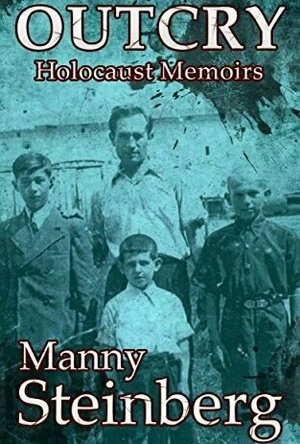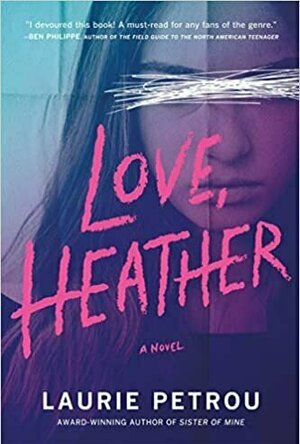
Visual Basic Programming Language - VBScript Interpreter, Easy to Learn for Beginners
Reference and Utilities
App
Visual Basic .NET programming language for iPad, iPhone and iPod touch. Programming language is a...

Bipolar Test - Do I Have Bipolar Disorder
Health & Fitness and Education
App
If you have an uncontrollable mood, take a Bipolar Test and this mental health app will help you...

Fitness Boot Camp
Health & Fitness and Sports
App
This app has an incredible 368 easy to follow Fitness Workouts including Kettlebell, Resistance...

Moment – Screen Time Tracker
Health & Fitness and Productivity
App
Track how much you and your family use your phone and tablet each day, automatically • See what...

Extreme Shooting 3D Adventure
Games
App
Are you ready for most exciting army game the Extreme shooting 3D adventure? You love to play this...

Photo Finish Horse Racing
Games and Sports
App
*** The best horse racing series on mobile! *** Can you win the Cup and take the Crown of Horse...
Ivana A. | Diary of Difference (1171 KP) rated Love, Heather in Books
Oct 2, 2020
Please be aware that this book has bullying and assault triggers.
Stevie and Lottie have been friends since they've known about each other. And when Lottie starts to hang out with the popular kids, Stevie wants to fit in too. One thing leads to another, and Stevie gets bullied by them, which quickly leads to the whole school avoiding her.
Then Stevie becomes friends with Dee, and they start plotting a revenge on the popular kids, which very quickly gets out of hand. The " Love, Heather " pranks are now spreading without anyone being able to stop them.
Stevie's family is a bit of a troubled one. Her mum and dad are divorced, and her dad doesn't have the interest to see her often, being busy with his new missus. Her mum is starting to date other men too, often not spending time with Stevie. Lacking her family love, Stevie sees Lottie's family as hers. Very understandably, given the fact she has spent countless days and nights there. Lottie's family is not perfect either though. They have their own problems, and the most recent one is Lottie's mum transitioning into a man.
Stevie as a character
Stevie is a person that makes you want to feel for you, but you can't. She is supposed to be sympathetic and she is supposed to be a victim. However, most of the time I found her quite annoying and attention seeking. It is also important to mention that she is not alone and could reach for help, but she didn't, despite people often asking her whether she is feeling okay and if there is anything they can do to help.
The world was always revolving about Stevie, and she couldn't understand how other may feel as well. A scene where she tells Lottie how to accept her mum's transition comes to mind. We all know that Stevie cares about Lottie and her mum, but Lottie is way closer and more affected in this situation. There are times where it's not our place to say things, and leave people to cope in their own way, and Stevie was not able to achieve this state of mind.
Powerful!
While I couldn't connect to Stevie on many levels, I absolutely cherish this book because it brings up bullying in a very powerful way. It is very emotional and very intense, every bit of reality hits hard and makes me angry for all the children out there that are getting bullied every day. I was once that kid. I was a Stevie too! And it sucks to see it happen again and again, and realise how cruel life and people can be sometimes, when no one gets punished for what they have done.
I loved how this book showed how small things done in consecutive way can have enormous effect to a person, or a group. How the small things we say today can hurt us badly. And I hope people will read this book with the hope of spreading the knowledge and standing up to bullies, before things go out of hand.

Leap of Fate
Games
App
*** Minimum hardware: iPad 4, iPad mini 2, iPhone 5s. *** Leap of Fate is a furiously-paced...

Outcry: Holocaust Memoirs
Book
Manny Steinberg (1925-2015) spent his teens in Nazi concentration camps in Germany, miraculously...

